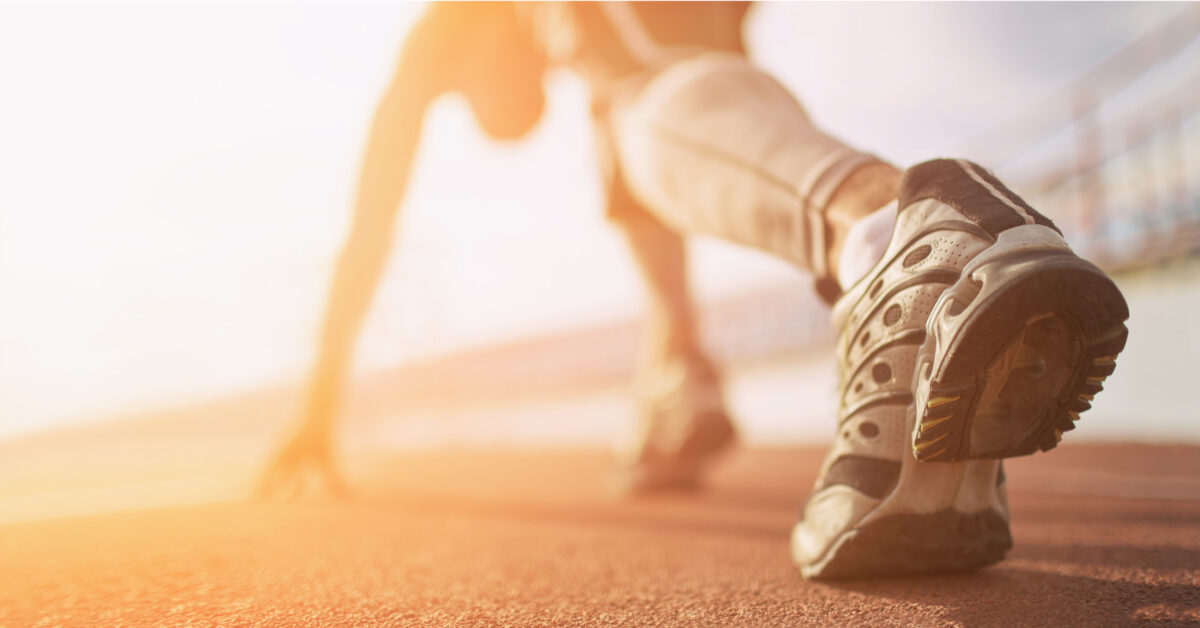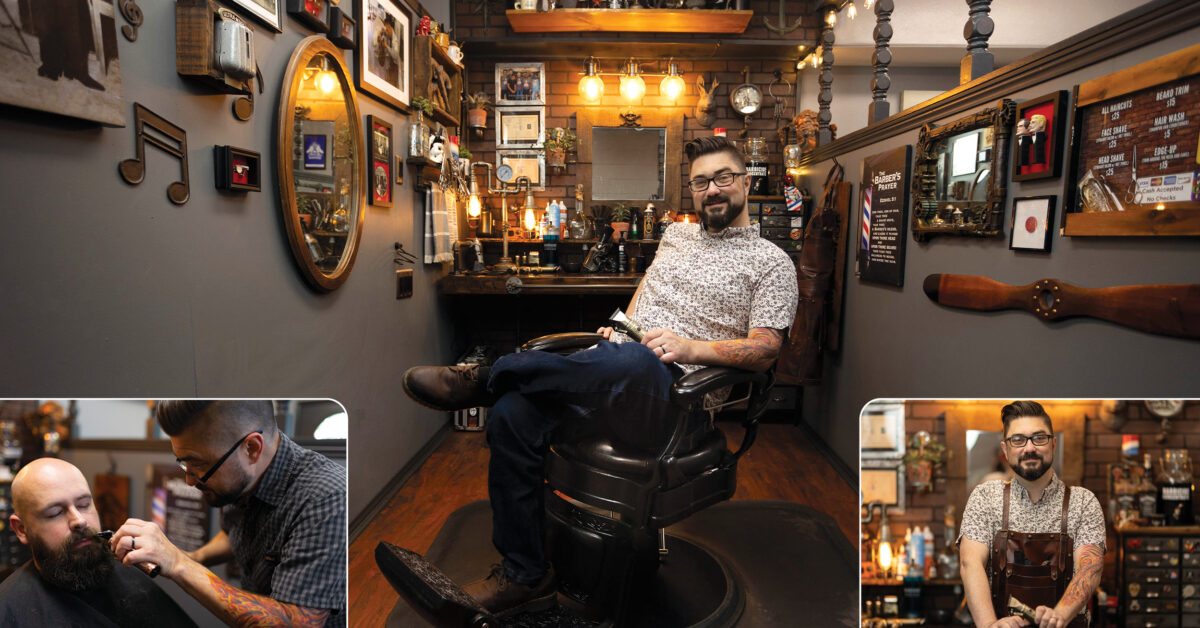
Success Takes Flight at LCH
December 2023
Winter Weddings
December 2023by Kristy Como Armand
Our feet, the unsung heroes of our daily activities, bear the brunt of our activities, especially for those engaged in regular physical exercise. Foot and ankle specialist, Dr. Brad Jimerson with the Center for Orthopaedics, emphasizes the importance of considering athletic shoes as a key consideration in any fitness regimen.
Dr. Jimerson advises that the aesthetics of a shoe should take a backseat to its functionality. “Your shoes provide the foundation for your performance,” he notes. “The most important thing about your athletic shoe is not how it looks, but that it serves its function – to support and protect your feet during physical activity. The shoes you wear for your sport or preferred fitness activity should be carefully considered. Different types of shoes, whether running, weight lifting, or sport specific shoe gear serve different purposes during exercise”
He offers the following guidelines to choose the right shoe to help keep your feet and body healthy:
Material Matters
Dr. Jimerson highlights the significance of the materials that make up the shoe. Not all sports shoes are designed the same. Most running shoes are made of lightweight breathable materials that help wick moisture and control heat without sacrificing weight. On the other hand, cross training shoes such as Nobull are made of a “superfabric” material for more durability during cross training exercises. Choosing the correct type of shoe based on your activity can improve performance and prevent injury.
Perfect Fit from the Start
Not all athletic shoe gear fits the same. People with narrow feet may find the Nike Pegasus or similar shoe more comfortable, while someone with a wider forefoot may consider something like an Altra running shoe. Having your feet evaluated and measured with a Brannock device can help you determine the appropriate shoe gear for your foot type.
Regular Replacements
Like tires, shoes need regular replacement. Dr. Jimerson recommends changing athletic shoes when they lose tread or begin to lose their support. For runners, replacing shoes every 400 miles is advisable. For sports that require a lot of lifting, jumping, or cutting, it is advisable to replace every 3-6 months or whenever the outsole (bottom) or the upper (top of the toe box) loses its integrity.
Support Matters Most
A good athletic shoe should provide sufficient support without sacrificing comfort. Dr. Jimerson suggests a “bend test” to assess a shoe’s support; if it bends in the middle, it’s generally going to provide less overall support. He also recommends considering adding inserts for added support and injury prevention. “Commercial shoe gear cannot be individually designed for each foot type. A custom-built insert can be crafted to your needs and can provide much needed support for improve performance and prevent injury.”
A properly trained foot and ankle specialist can help you determine an appropriate type of insert for your needs. “Over-the-counter inserts are fine in some cases, but depending on the needs of the patient and their foot type, a custom insert may be warranted. There are significant advantages to getting an insert designed specifically for your foot if you are physically active. At the Center for Orthopaedics, we can cast and design a custom-built insert for all of our patients’ activities. It can be moved from shoe to shoe and will last longer than your shoes and over the counter inserts because it is made with a more durable material.”
Caution on Trends
Dr. Jimerson advises caution with trends like barefoot running and minimalist running shoes. These shoes may not be appropriate for everyone, and improper use can lead to injuries such as stress fractures or joint pain.
Dr. Jimerson stresses the importance of quality and fit. “Proper shoe gear can improve performance and prevent injury. If you are unsure of what athletic shoe gear is right for you, you should be evaluated by a foot and ankle specialist.”
To learn more about orthotic inserts or foot and ankle services or to schedule an appointment with Dr. Jimerson, call Center for Orthopaedics at (337) 721-7236 or visit www.centerforortho.com.






